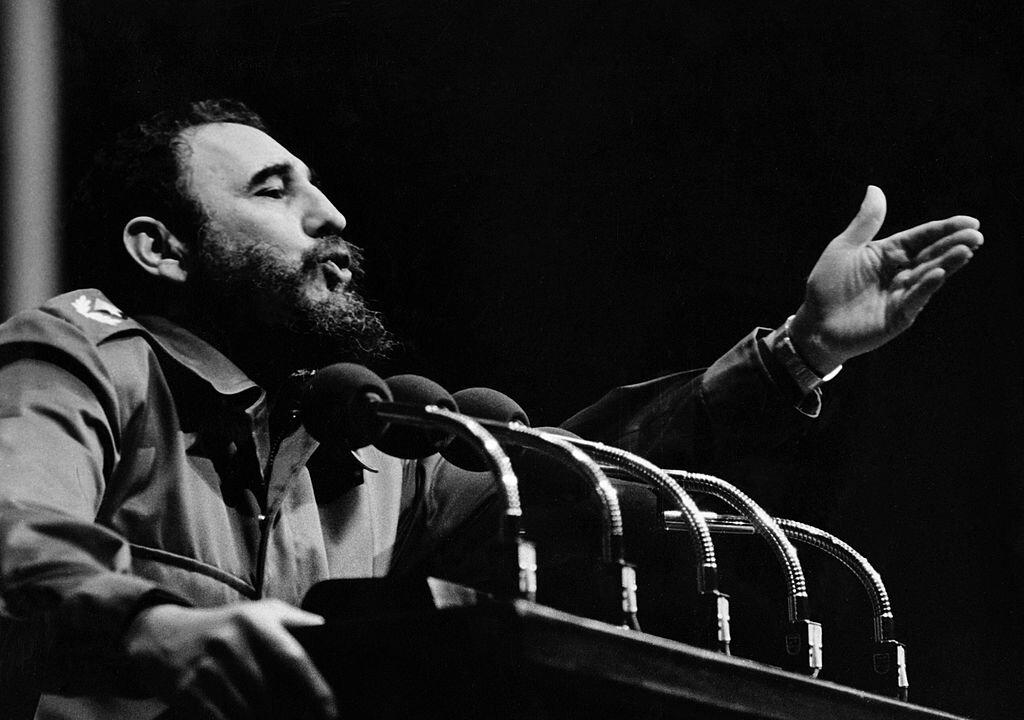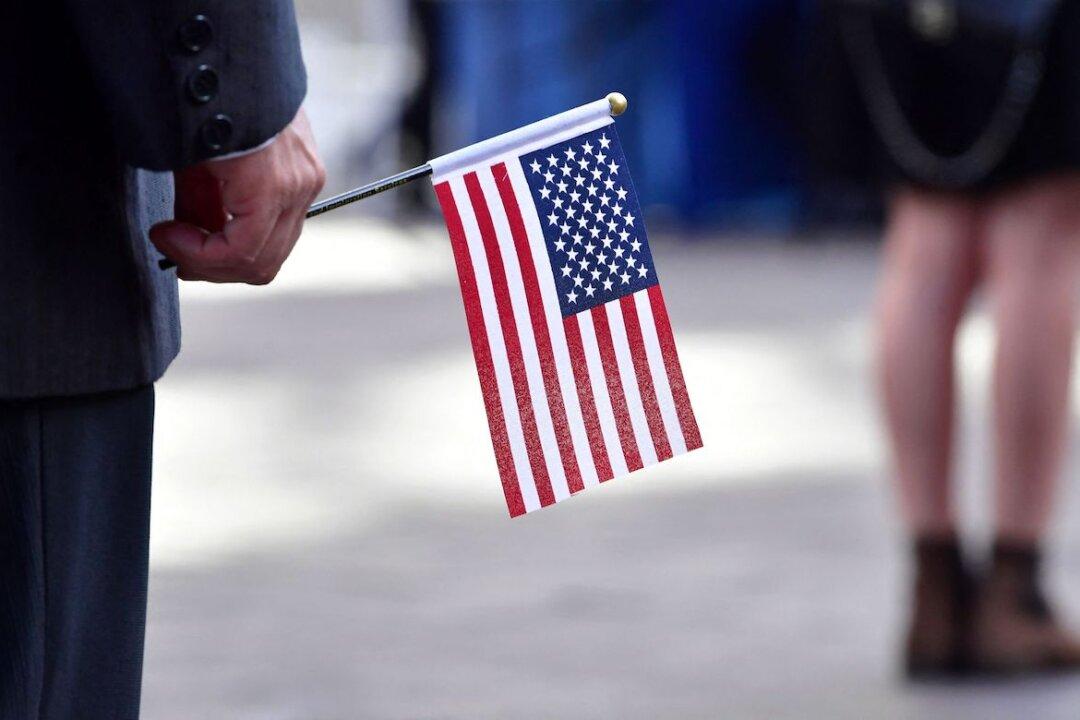Commentary
A longtime editor found a historic treasure in the 1980s: two brothers who had lived through the Cuban Revolution but on opposite sides. One had joined the U.S. effort, resisted Fidel Castro’s dictatorship, and become a political prisoner. The other had been a devoted Communist Party insider and ideologue.





